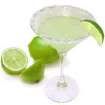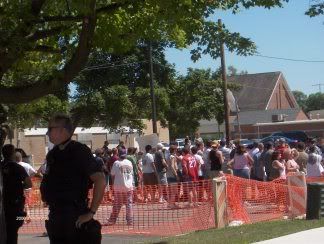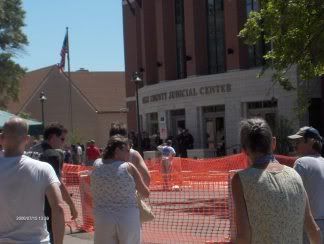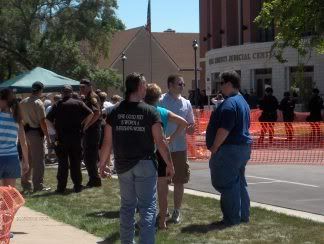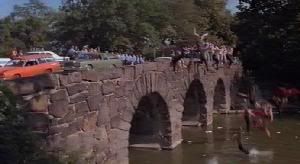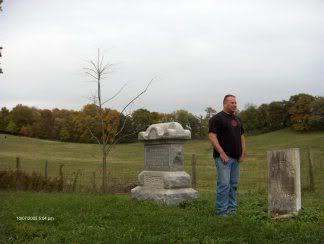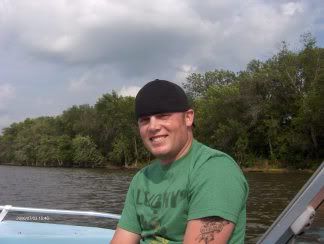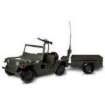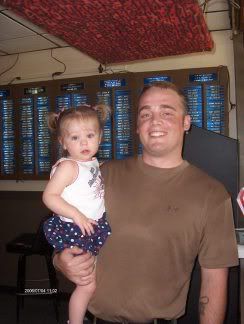My internet connection (satellite) has been fried beyond belief, so I don’t know when I’ll get to post this. But I was cleaning my desk this morning, and found an editorial I had saved from January 19, 2001, the day before George W. Bush was inaugurated as President. Georgie Anne Geyer in the Chicago Tribune:
WASHINGTON- It was April of 1973, and I was in Baghdad for the first time, as a foreign correspondent for the Chicago Daily News. Without warning, I received some news from the Ministry of Information: I would have an interview with Iraq’s secretive leader, Saddam Hussein.
I found myself sitting in an elegant room in the palace of the Iraqi kings along the Tigris River, contemplating the figure of dread who sat next to me in the formal salon chair of a French monarch.
Saddam was tall and classically handsome, in his mid-30s then and dressed elegantly in a silk suit. But he seemed cold as a corpse as we sat there for four hours, accompanied only by his translator. There was no light behind his eyes and he remained totally without expression the entire time.
Once I asked him why it was said that he killed all of his enemies, most often with his own hands? And he answered without hesitation or emotion:”Sometimes when you are in an underground movement, you have to do things for your party that you would not do for yourself.”
I was the first foreign journalist ever to lay eyes on Saddam. In the previous weeks, Iraq had finally finished nationalizing the British-owned oil fields, at Kirkuk and elsewhere, and he wanted to sell oil to the world. I just happened to be the correspondent there at one of those historic moments.
And now today, there he is still. Of course, it is merely an “accident” that, as George W. Bush becomes president, we are this very week commemorating the 10th anniversary of the first days of the Gulf War. It is only a curious overlay of history that is was his father who waged the successful, but unfinished, war against Saddam. It is just one of those coincidences of history that Saddam Hussein is barely biding his time, planning to finish his job against the Bushes, as well as America and the West.
Yet it is also clear that George W. Bush has been bequeathed the single most dangerous foreign policy question he will face. The last eight years, with virtually no policy at all towards Iraq, have left us gravely open to many perils.
• With no weapons inspections for nearly two years now, Saddam is readying himself for another strike outward. He has rebuilt his supply of nerve gas and renewed his stockpiles of weapons of mass destruction. At his military parade in Baghdad on Dec. 31, he sent a message that he is resurgent, with more than 1,000 tanks on display (he had about 660 in 1996), and chemical weapons units armed with missiles and new surface-to-air systems.
• As with special “oil-for-food” arrangements with the UN Security Council, he is again exporting oil all over the world. Baghdad has said it can more than double oil-production capacity- up to 6 million barrels a day in three to four years- and it is clear that Saddam aims at supplanting the Saudis as the dominant force in OPEC, the Organization of Petroleum Exporting Countries. (There are also rumors, odd but potentially believable, of the formation of an implicit or explicit axis between Iraq, Russia and Venezuela’s left-leaning government.)
• Saddam aims to become the leader of a regional war, which he is stoking between the Palestinians and other Arabs and Israel. He has reportedly already given upward to the equivalent of $980 million to the Palestinians, in arms, in food and in family payments. His picture is everywhere in Palestine. Reportedly he is pushing the Iranian-supported Hezbollah movement in Lebanon to take part in a bigger war. Indeed, beleaguered Prime Minister Ehud Barak has predicted the possibility of such a regional war.
• President-elect Bush understands that the threat awaiting him is largely due to the Clinton administration’s wanton disregard for policy. He noted with concern in a recent New York Times article that the UN sanctions against Iraq had collapsed so much that “they resemble Swiss cheese.” Other top advisors, such as defense secretary nominee Donald Rumsfeld, favor aiding the Iraq resistance to overthrow Saddam, but Washington has not excelled at such imprecise and risky business. The administration should analyze how we won the Gulf War in 1991, and how we may lose it in 2001.
1) Never do half a job, particularly when dealing with a ruthless and persistent tyrant like Saddam Hussein. This does mean we should have marched to Baghdad, but it does mean that we should not have stood in the way of his own people overthrowing him.
2) If one depends upon something as imprecise as sanctions against a tyrannical government, enforce them strongly at all times. This means keeping Saddam in his “box” in Baghdad and not letting him (as President Clinton did) march north and destroy the “free-fly zone” of the Kurds. This means, too, keeping close contacts with the rest of the Arab coalition, which was not done.
3) Finally, plan a strategy and devise tactics accordingly. The major reason President Bush the Elder did not finish the job was that so many in the Pentagon and elsewhere got the bizarre idea that to defeat Saddam would be to “break up Iraq.” And we didn’t want that to happen.
What did we want to happen? Heaven knows. Maybe President Bush the Younger will know.
This raises some very interesting questions, most importantly why do I save shit like this and why haven’t I cleaned in over 5 years?
Seriously, though, this editorial reinforces the mindset that we had as a nation at that time, especially regarding WMDs. We “knew” Saddam had them, and this is before GW was even in office. We “knew” that a world without Saddam would be a better place. Georgie Anne Geyer is no friend of the Bush administration, but she definitely had the situation in Iraq down pat. Why in the name of all thing holy do we doubt ourselves now?


